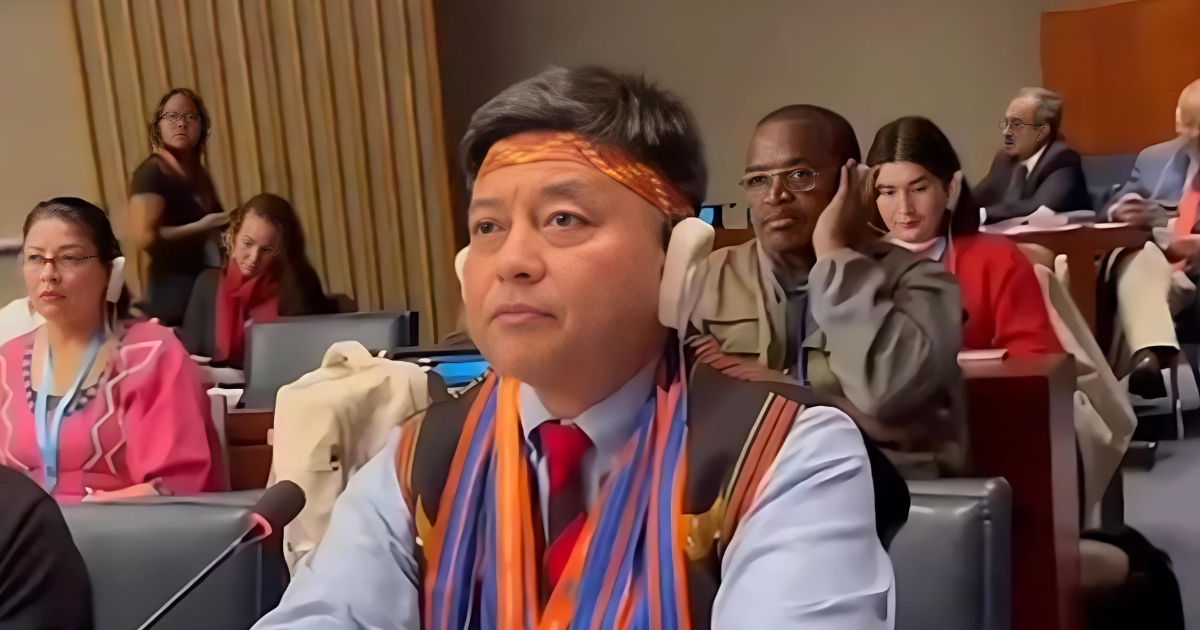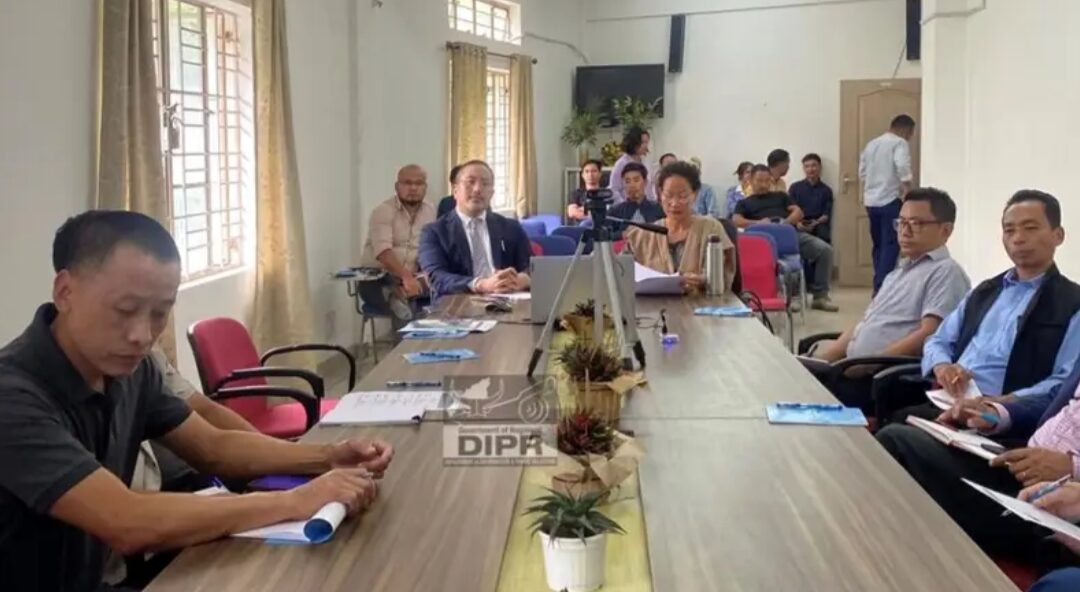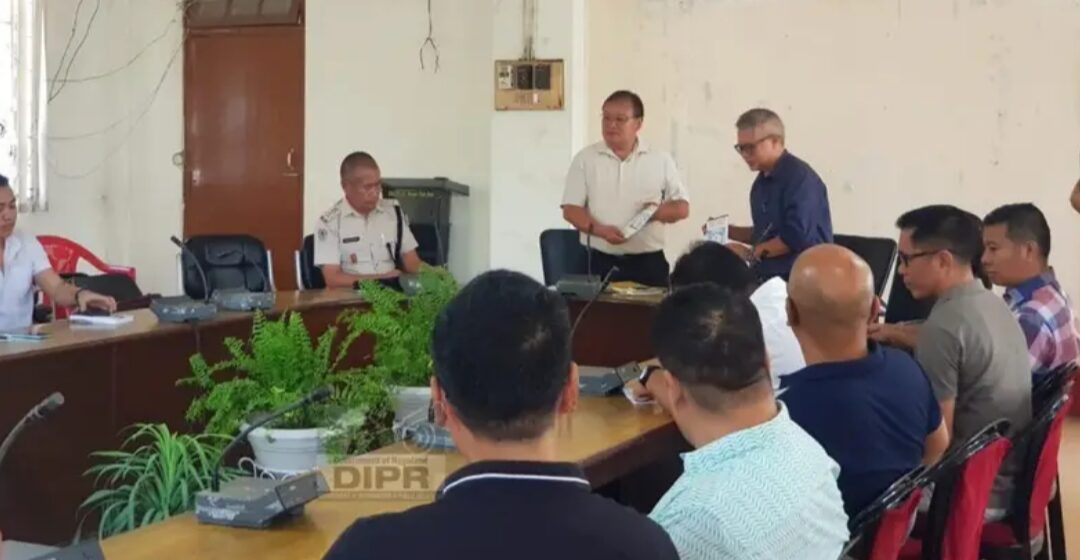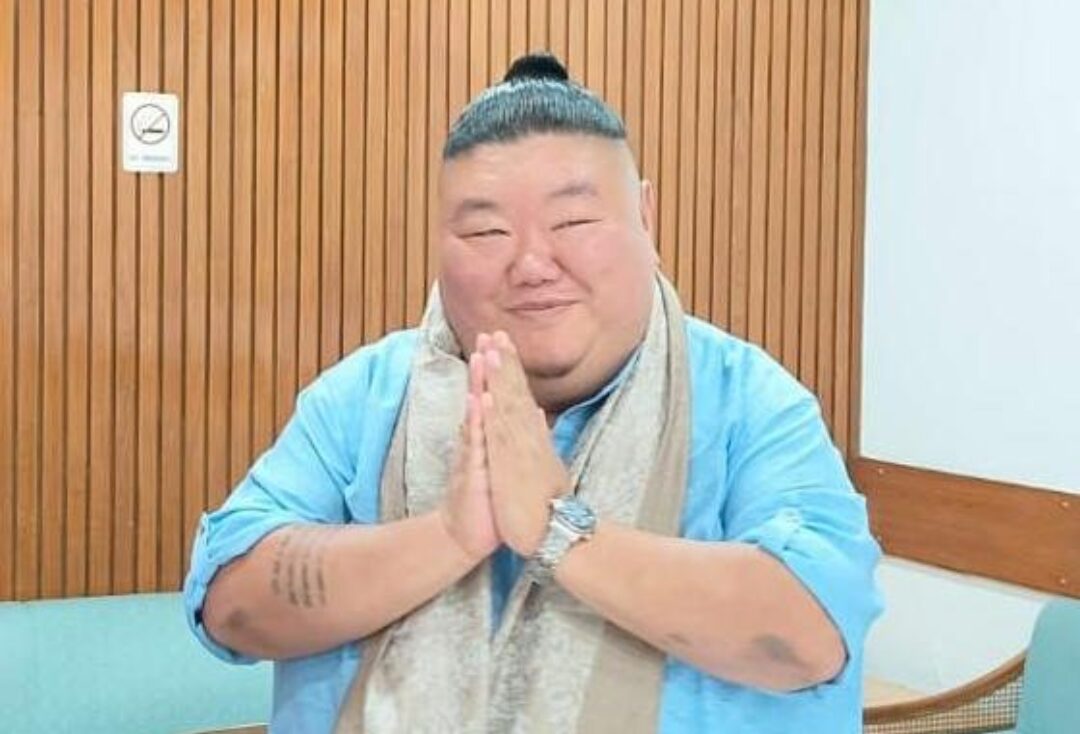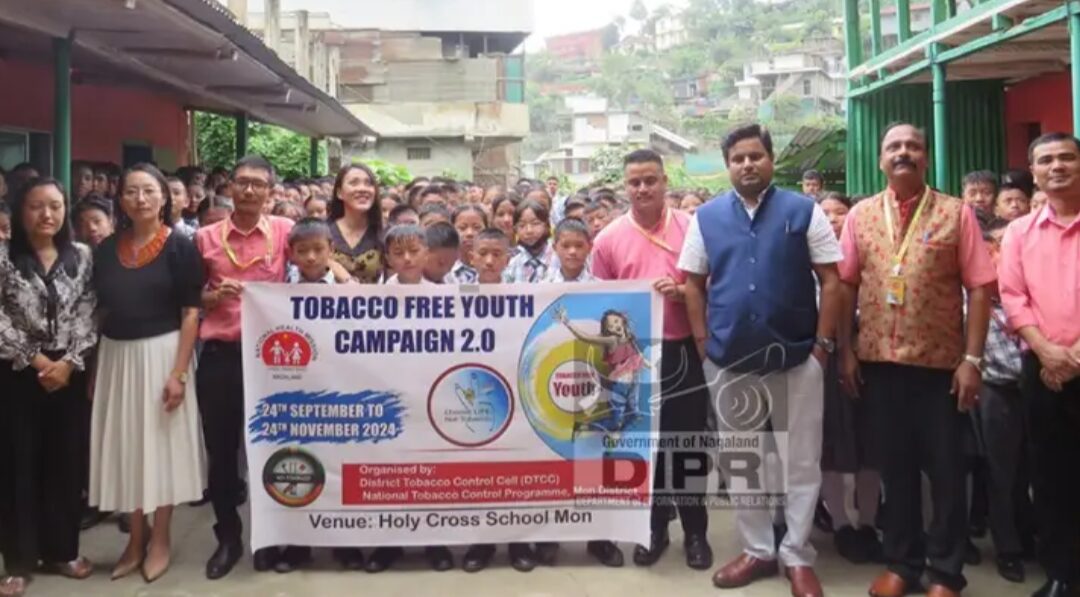The Global Naga Forum (GNF) brought attention to several pressing matters affecting the indigenous Naga people during the 23rd session of the United Nations Permanent Forum on Indigenous Issues (UNPFII) in New York on April 19, 2024. James Pochury, the General Secretary of GNF, delivered a powerful 3-minute speech highlighting three main issues faced by the Naga community.
Pochury addressed the Indian government’s decision to revoke the Free Movement Regime (FMR) agreement with Myanmar, which was established in 2018. The FMR allows tribes living along the India-Myanmar border to travel up to 16 km into the other country without a visa, facilitating people-to-people contact and local trade, given the strong ethnic and familial ties across the border.
Also Read: Muthingkhong GPS Sanitation Crisis Exposed by Polling Officer
The construction of a fence along the entire 1,643 km India-Myanmar border, running through the states of Manipur, Mizoram, Assam, Nagaland, and Arunachal Pradesh, was another critical issue raised by the GNF. The fencing decision, announced by Indian Home Minister Amit Shah in January 2024 to stop the free movement of people, has been met with opposition from local groups in Nagaland and Mizoram.
Pochury also shed light on the continued implementation of the Armed Forces (Special Powers) Act (AFSPA), which grants sweeping powers to Indian security forces in disturbed areas. These powers include the authority to shoot to kill and arrest without a warrant based on reasonable suspicion. Critics argue that AFSPA has led to human rights violations.
Also Read: Nagaland Women Triumph in Lok Sabha Election Duties
The GNF General Secretary emphasised the interrelated nature of these issues, stating that they “have to do with restricting and criminalising the Naga people in their own homeland by the Indian military force.”
James Pochury appealed to the UNPFII to stand in solidarity with the Nagas by urging India to restore the FMR, halt the border fencing, revoke AFSPA, and resume Indo-Naga political talks.
The Naga people, an indigenous group residing in northeast India and northwest Myanmar, have been advocating for their right to self-determination for over 75 years. The 23rd session of the UNPFII, currently underway from April 15-26, focuses on enhancing indigenous peoples’ right to self-determination.
Also Read: Meta Launches AI Comment Feature Amid Mixed Reviews
The GNF’s powerful message at the UN forum has brought international attention to the struggles faced by the Naga community. As the world watches, it remains to be seen how the Indian government will respond to these critical issues and whether the Naga people’s voices will be heard and their rights respected.
